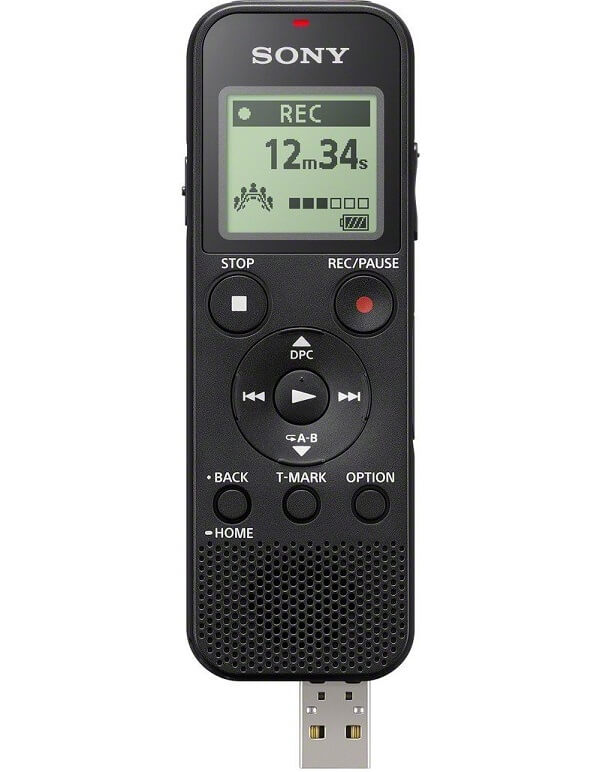

You want enough juice to last you through the event you’re recording, and enough space to store large - or multiple - files. However, if you’re podcasting or capturing audio from a conference, concert, or other large venue with amplified sound, then a microphone with greater sound capabilities will be better suited.īattery life and storage will also play a factor if you’re constantly on the go. If you’re capturing audio from one on one interviews to be used as a framework for a transcript, then a basic recorder could be fine. The more detailed the use of the audio, the more important the power of the microphone setup. The biggest differentiating factor between recorders will be microphone quality this is where the application of the recorder will be most important.

When looking for the best digital audio recorders, there are a handful of things to pay attention to: size of the unit, battery life, recording quality capability, storage, and sharing. In addition to recording conversations, they also let you capture audio separately from video, and even help you dive into the world of podcasting. From recording an interview, to more advanced on-the-go music making, the latest digital audio recorders are incredibly feature-forward yet easy to use. The best digital audio recorders work for a variety of audio missions. But given the often difficult “can you hear me now?” nature of basic mobile phone microphones, you should really be using a digital audio recorder if you want to capture clearer, purer audio. With the sophistication of modern smart phones, audio recording can be as simple as an app. If you purchase an independently reviewed product or service through a link on our website, Rolling Stone may receive an affiliate commission.


 0 kommentar(er)
0 kommentar(er)
